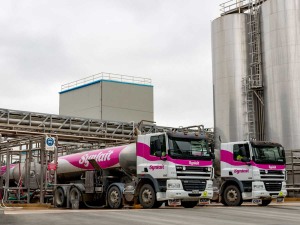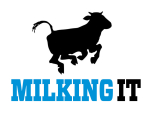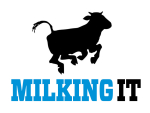The two parties have been involved in arbitration for nearly a year.
Under a deal announced to the NZ Stock Exchange, Synlait has agreed that the exclusivity it has under the Nutritional Powders Manufacturing and Supply Agreement (NPMSA) for a2 Platinum and other nutritional products will cease to apply from 1 January 2025.
However, Synlait expects to continue to produce all products under the NPMSA in the short term.
Synlait will also continue to hold the Chinese regulatory State Administration for Market Regulation (SAMR) registration (currently expiring September 2027), attached to its Dunsandel facility, after settlement takes effect. The registration is for a2MC’s Chinese labelled infant formula (stages one, two and three).
Despite the exclusive supply arrangements ending, Synlait expects that a2MC’s China label products will continue to be produced at Synlait’s Dunsandel facility unless the company can obtain its own SAMR registration to manufacture those products.
As part of the settlement, a2MC will make a one-off payment of $24.75m to Synlait. That payment includes amounts that had largely been withheld in accordance with the terms of the NPMSA from payment pending resolution of matters in dispute.
Synlait chief executive Grant Watson says settling these disputes is another positive step forward in our business recovery plan.
“With the disputes behind us, we are pleased to be able to confirm to our shareholders The a2 Milk Company’s support for our upcoming equity raise. This marks genuine progress for Synlait – we are delivering on the turnaround actions needed to reset our performance and better position the company for the future.”
Synlait’s share price rose 6c to 36c/share after news of the settlement was made public.











